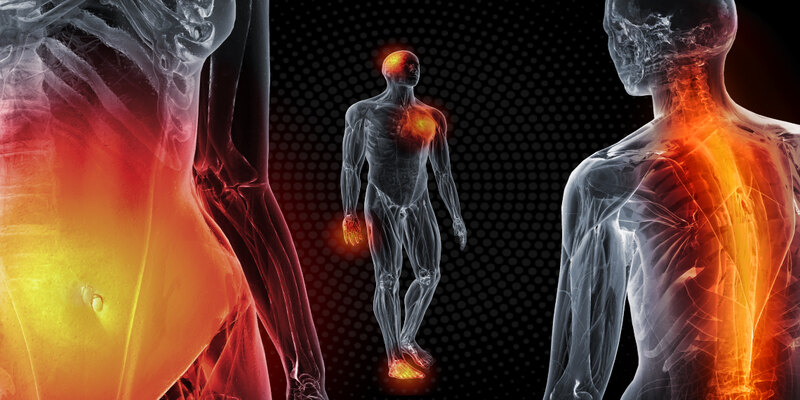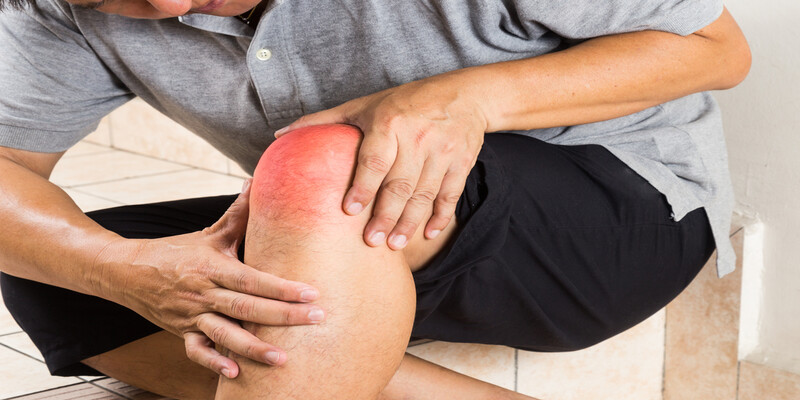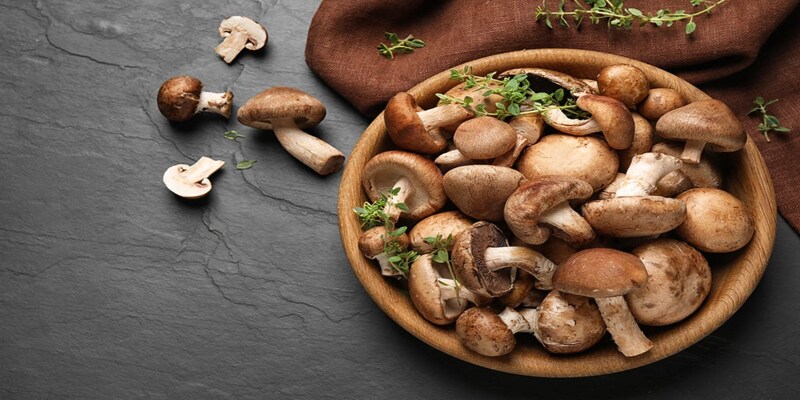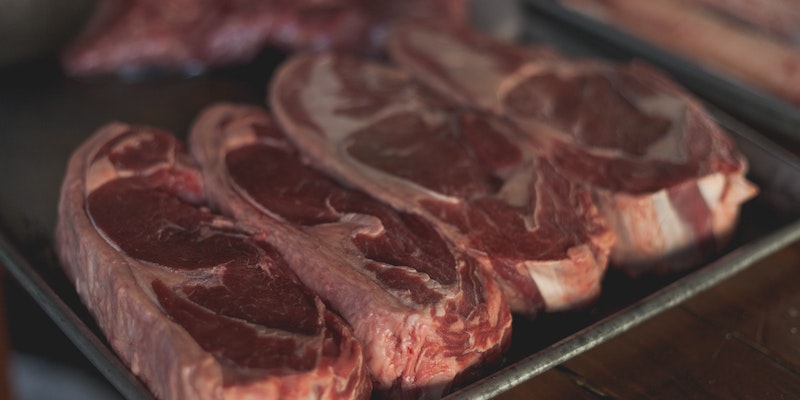Inflation is your immune system's activity. When your body is damaged or comes into contact with dangerous materials like bacteria, viruses, or poisons, your busy defence system is activated.
Inflammatory cells and substances called cytokines create additional inflammatory cells, the first reactions your immune system sends to your brain.
After this, these cells start an inflammatory response to heal damaged tissue or kill germs and other harmful agents. Pain, bruising, swelling, or redness may result from this procedure; however, it also impacts invisible bodily processes.
Inflammation Comes in Two Forms
Acute Inflammation
Acute inflammation is your body's reaction to unexpected harm, such as when you accidentally cut your finger. Your body sends inflammatory cells to the amount needed to initiate healing. These cells are responsible for the repairing process of the body.
Chronic Inflammation
When there is no external threat to your body, it still releases inflammatory cells. For example, these cells and chemicals target joint tissues in rheumatoid arthritis, which results in cyclical inflammation that can seriously harm joints, causing pain and deformity.
Acute Inflammation Symptoms
An acute or transient inflammation may result from any disease or damage.
Five main signs of acute Inflammation
Pain
This symptom could be continuous or happen when someone touches the affected area.
Redness
It results from an increase in blood flow to the nearby arteriole.
Loss of Function
You can also have trouble breathing, moving a joint, and smelling.
Swelling
If fluid expands, it may cause a condition called edema.
Heat
Your injured area may feel warm to the touch due to increased blood flow.
These signs only sometimes show up. It can also be silent, showing no symptoms. Moreover, you may have fatigue, a general illness, and a fever.
Acute inflammatory symptoms usually last for a few days. Aside from this, subacute inflammation typically cures after two to six weeks.
Chronic Inflammation Symptoms
It could be more challenging to spot the signs of chronic inflammation than those of acute inflammation. Chronic inflammation symptoms can include:
- Stomach ache
- Chest pain
- Weariness (example: systemic lupus)
- A fever (example: tuberculosis)
- Joint pain or stiffness (example: rheumatoid arthritis)
- Mouth sores (example: HIV infection)
- Skin rash (example: psoriasis)
Why Does Inflammation Occur?

The following are the most typical causes of constant Inflammation:
- Autoimmune diseases, such as lupus, in which the body targets healthy tissue
- Exposure to harmful substances, such as industrial chemicals or pollution
- Untreated acute Inflammation resulting from an injury or infection
- The body's inflammation also starts with confident lifestyle choices.
- If you are using too much alcohol, there is a high chance that you will develop chronic inflammation because it possesses a high body mass index (BMI), which may lead to obesity.
- Smoking is also the leading cause of inflammation.
Is Inflammation Painful?

Acute inflammation can result in various kinds and degrees of discomfort. You might experience the pain as stabbing, pinching, pulsing, or steady and continuous.
When fluid gathers and swollen tissues press on fragile nerve endings, it causes pain. Inflammation can also lead to additional metabolic reactions. They have a profound impact on nerve function, which makes pain even worse.
Common Therapies
The origin and intensity of the inflammation will determine how it is treated. Treatment is only sometimes necessary for it.
On the other hand, symptoms that could be lethal can sometimes appear from untreated inflammation.
For instance, inflammation during an allergic reaction may result in crucial bloating that blocks the airways and prevents breathing. If this reaction happens, therapy is essential.
Additionally, sepsis can occur when some diseases get into the bloodstream and are not treated promptly. It is another likely deadly illness that requires immediate medical attention.
Natural Treatments for Inflammation

Multiple herbal supplements could help reduce inflammation. Therefore, if you are suffering from inflammation, don't be afraid because this article provides essential information about the herbs and natural therapies that will help you effectively treat your rash. These are a few of the top-rated natural herbs.
Harpagophytum procumbens
This herb is related to sesame plants; it is mainly found in South Africa and is also referred to as a grappling plant, wood spider, and devil's claw.
It has been concluded that it has anti-inflammatory qualities that can help reduce swelling. You can buy it from various online brands.
Hyssop
The herb hyssop treats various lung conditions, including airway irritation. Interestingly, it gets more potent when combined with other plants, such as licorice.
Ginger
Inflammation can also be treated with ginger. Additionally, it can lessen digestive problems like colic, dyspepsia, and constipation. Fresh ginger is typically available in markets; you can buy it there.
Turmeric
The essential component of turmeric, curcumin, may help treat inflammatory diseases such as arthritis, Alzheimer's disease, and various other disorders. Multiple online shops offer supplements containing curcumin and turmeric.
Cannabis
A cannabinoid may have anti-inflammatory effects. But first, you should confirm that cannabis-related items are allowed in your area.
Because it is not yet allowed to use these herbs for medical purposes, always see a physician before taking any herbal or other supplements.
Some At-Home Options for Treating Inflammation
If you don't want to see a doctor, no worries, because if the inflammation is not severe, you can also cure it at home. To treat it faster, try to eat a diet low in inflammation.
It is noticed that people who follow a Mediterranean diet typically lower body inflammation levels.
So try to increase your intake of foods high in omega-3 fatty acids, such as mackerel, salmon, or sardines, which may have anti-inflammatory effects.
- Olive oil
- The tomato.
Certain dietary overconsumption may intensify inflammation. If you have a persistent rash, the following things may help you feel better:
- Fried food, a lot of it from fast food restaurants
- Nitrate-cured meats, such as hot dogs,
- Highly purified oils, including trans fats.
- Sugar, pastries, and white bread are examples of refined carbs.
Some Valuable Tips to Avoid Inflammation
You can lessen the risk of chronic inflammation. By making healthy lifestyle choices, you can start adopting the following rules:
- Getting to and staying at a healthy weight
- Give up smoking
- Incorporate exercise into your daily routine three to five times a week.
- You should set a daily limit on alcohol consumption.
- Use productive methods to manage stress, including blogging or meditation.
Conclusion
That is all you need to know about inflammation, because understanding its symptoms, causes, and natural remedies is essential for everyone so you can cure it on time without worsening it.
You can fix it at home using natural remedies, but in the worst-case scenario, always consult your doctor and start taking proper medication.
If you ignore it, then the symptoms can be fatal. In this article, you will find all the vital information about inflammation, so follow these guidelines and stay healthy.




